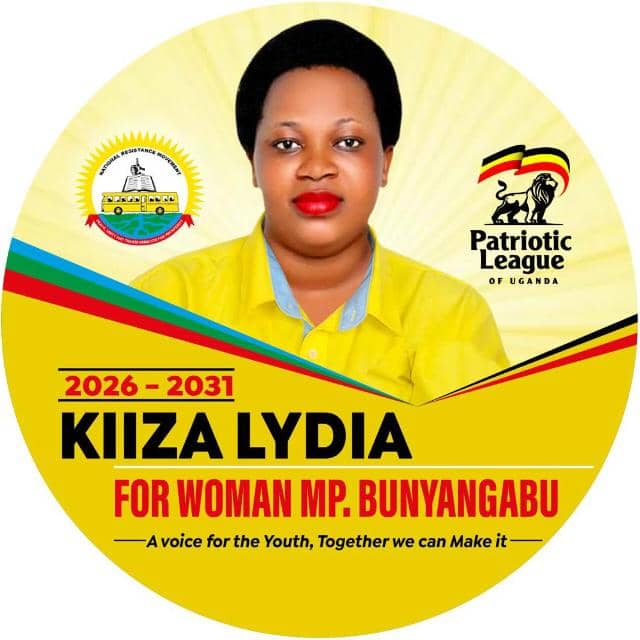By Spy Uganda
Kampala: The House Committee on Health has appealed to government to continue funding scientific research studies on nodding syndrome in order to ascertain its causes.

The Chairperson of the Committee, Hon. Charles Ayume, said that the first case of nodding syndrome was reported more than 15 years ago, but available literature does not point towards its definitive causative agent.
“The Ministry of Health should continue scientific research to establish the exact cause of nodding syndrome and consequently preventive and curative measures. This should include resource allocation for research and treatment,” said Hon. Ayume.

He said this while presenting a report of the Committee on a field visit to Acholi sub-region to assess the prevalence of nodding syndrome.

The report tabled before the House on Wednesday, 14 February 2024, covers the districts of Gulu, Pader, Omoro, Lamwo and Kitgum, which are the most affected by the syndrome.

The Committee observed that nodding syndrome patients require a well-balanced diet and nutritious food that is given timely, which it estimated at Shs32.4 million monthly for about 30 persons.
Ayume noted that families of the patients cannot afford to feed the victims as estimated, adding that with poor nutrition, their condition would worsen to the extent of severe neurological deficits.

He proposed financial support to affected families by the Ministry of Gender, Labour and Social Development, drawing from the example of the monetary support to the elderly under the Social Assistance Grants for Empowerment (SAGE) programme.
“This can be costed annually based on the number of nodding syndrome patients per district and money disbursed to the respective local governments. The exact number of patients and homes affected should be established,” Ayume said.
The Committee also made a proposal for continuous training of Village Health Teams (VHTs) to enable them act as a first point of care, and also deliver drugs to patients deemed to be clinically stable.
Noting that rehabilitation centres in Omoro and Kitgum districts were closed due to lack of counterpart funding from government and depletion of support from donors, the Committee recommended that rehabilitation services should be integrated in surrounding health facilities.
The Committee also lauded efforts by Prof. Richard Idro and Dr. Sylvester Onzivua in conducting research on the nodding syndrome.
“This has provided a lot of valuable information but also earned them international awards in the area of science,” Ayume added.








